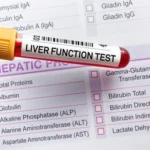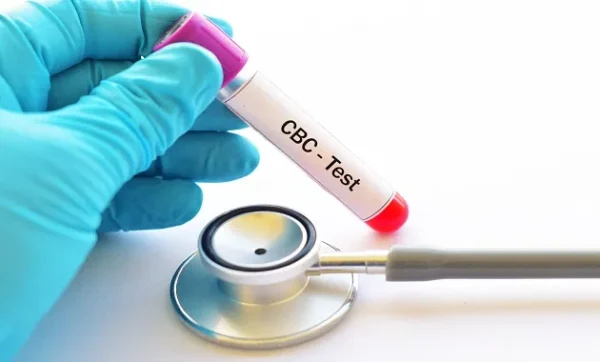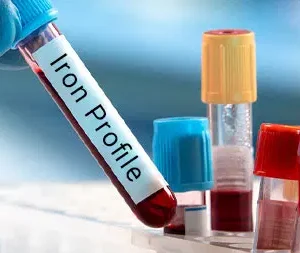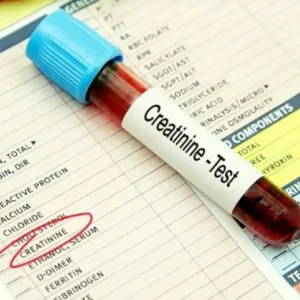Description
Understand the Value of a CBC Blood Test
A Complete Blood Count (CBC) blood test is an essential diagnostic tool that provides a comprehensive overview of your overall health. This test measures various components of your blood and helps healthcare providers identify a wide range of medical conditions, including infections, anemia, and immune system disorders. By assessing the levels and proportions of cells in your blood, the CBC test serves as a vital step in ensuring proactive and effective care.
Breakdown of the CBC Test Components
The CBC blood test includes the measurement of several key parameters, such as:
1. Red Blood Cell Count (RBC): RBCs are crucial for transporting oxygen throughout your body. A low or high RBC count may indicate issues such as anemia or dehydration.
2. White Blood Cell Count (WBC): WBCs are responsible for combating infections. Elevated or reduced WBC levels may signal infection, inflammation, or underlying immune system concerns.
3. Hemoglobin (Hgb): Hemoglobin is the protein in RBCs that carries oxygen. Abnormal levels could point to anemia or other health conditions.
4. Hematocrit (Hct): This measures the percentage of blood volume occupied by red blood cells. Variations from the reference range are often linked to hydration levels or medical disorders.
5. Platelet Count: Platelets aid in blood clotting and wound healing. Deviations from the norm may lead to bleeding disorders or clotting dysfunction.
Reference Ranges for a Healthy CBC
Understanding the reference ranges for your CBC blood test results is crucial for interpreting its findings accurately. While these ranges can slightly vary between laboratories, the standard reference ranges are as follows:
Red Blood Cell Count (RBC): 4.1–5.3 million/µL
White Blood Cell Count (WBC): 4,500–11,000 cells/µL
Hemoglobin (Hgb): 13.5–17.5 g/dL for men, 12.0–15.5 g/dL for women
Hematocrit (Hct): 38%–50% for men, 34%–44% for women
Platelet Count: 150,000–450,000 per µL
Deviations from these reference values should prompt further evaluation by a healthcare professional to determine potential causes and necessary treatments.
Why Choose a Timely CBC Test?
Regular monitoring through a CBC blood test allows individuals to stay ahead of potential health concerns. Whether detecting an iron deficiency or identifying early signs of an underlying condition, this diagnostic tool empowers both patients and providers with insightful health information. Ensure regular checkups and collaborate with your doctor to interpret results accurately for optimal well-being.
Notes
-
Reference ranges can slightly vary based on lab standards, age, and altitude.
-
Always interpret values in consultation with a qualified physician.









Reviews
There are no reviews yet.